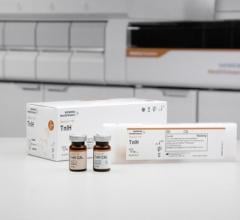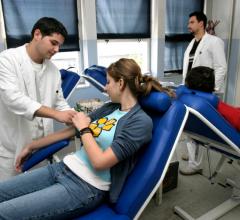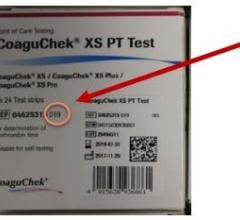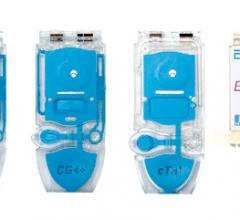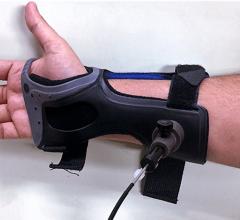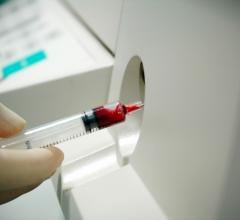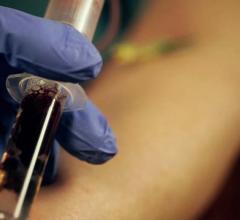August 30, 2011 – Compared with patients who had persistently high platelet reactivity, those who achieved low platelet reactivity, according to the VerifyNow P2Y12 Test, had a reduced incidence of cardiovascular death, heart attack and stent thrombosis, as indicated by a clinical trial presented today at the ESC Congress 2011.
These findings were part of a secondary analysis of the gauging responsiveness with A VerifyNow P2Y12 Assay- Impact on Thrombosis and Safety (GRAVITAS) trial, the largest prospective trial to date to test the clinical efficacy of antiplatelet therapy modification, based on platelet reactivity testing. The GRAVITAS trial, published in the Journal of the American Medical Association in March 2011, was a randomized comparison of double-dose clopidogrel versus the standard 75 mg dose in ~2200 patients receiving drug-eluting stents and who were identified as having high on-treatment platelet reactivity (i.e., were “non-responders”) by the VerifyNow P2Y12 Test. The trial’s primary results showed that there was no reduction in cardiovascular events with double-dose therapy, leading many to postulate that platelet reactivity may not be a modifiable risk factor for cardiovascular events.
In the current analysis, researchers looked at achievement of a different level of platelet reactivity than used in the original study design and determined the clinical importance of platelet reactivity over time. “We looked at the cardiovascular risk in patients who achieved a level of platelet reactivity of less than 208 P2Y12 Reaction Units (PRU), the platelet reactivity result provided by the test used in the GRAVITAS trial,” said Matthew Price, M.D., the study’s principal investigator. “Patients who got below this level of platelet reactivity, whether at discharge or 30 days after PCI, had significantly better cardiovascular outcomes – approximately half the risk of cardiovascular death, myocardial infarction or stent thrombosis.”
“This suggests that it may be important not only to know a patient’s platelet reactivity at the time of discharge, but also to ensure that low platelet reactivity is achieved throughout the course of their treatment,” said Price. “Importantly, we saw this effect even after adjustment for other clinical risk factors, so our observation applies both to traditionally ‘low-risk’ patients such as those undergoing elective PCI as well as patients presenting with acute coronary syndromes.”
“These findings from this secondary analysis also help explain why we may not have seen a benefit of double-dose clopidogrel in the primary results of GRAVITAS,” concluded Price. ”It turns out that less than half the patients on the double-dose reached this ‘safe’ level of 208 PRU.”
Price also indicated that this is still the tip of the iceberg as to what can be learned from GRAVITAS. Data from whole exome DNA sequencing are being analyzed to comprehensively investigate the influence of genetic variation on platelet reactivity in the GIFT Exome sub-study. Data are also being analyzed to determine the impact of aspirin responsiveness on clinical outcomes to further understand how physicians may be able to optimize the care of their patients receiving dual antiplatelet therapy.
For more information: www.escardio.org


 October 09, 2019
October 09, 2019 
